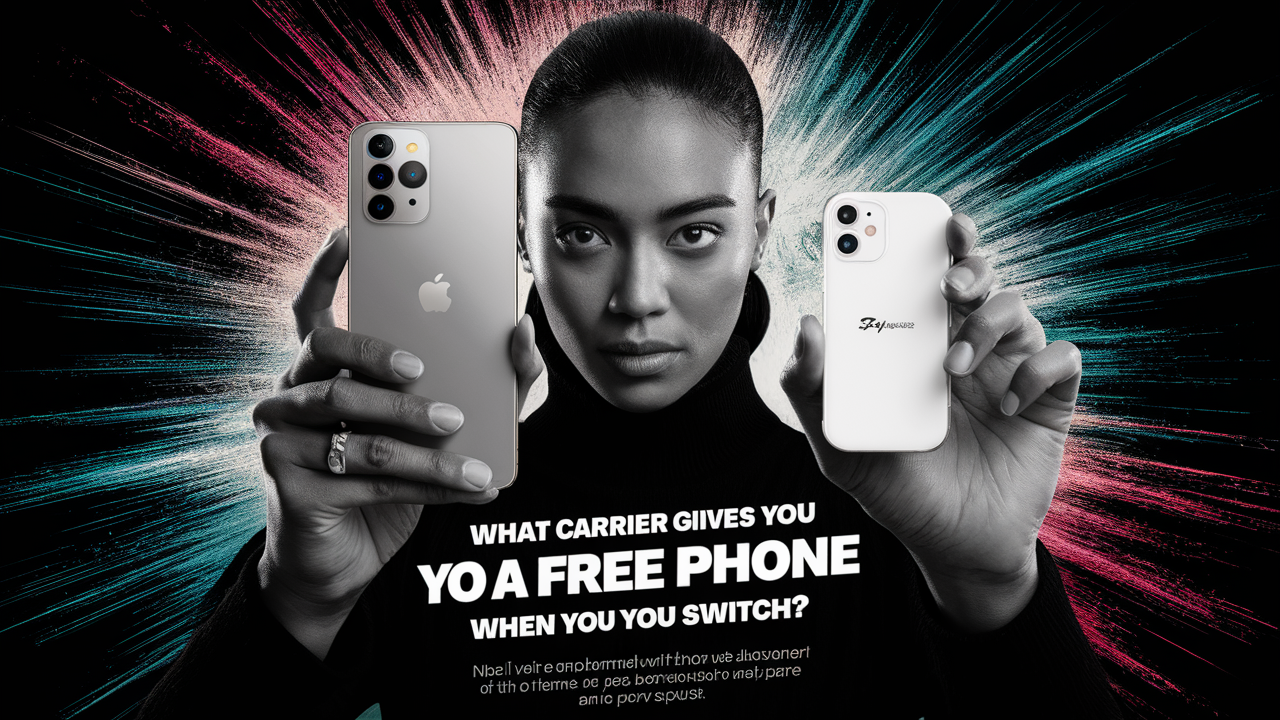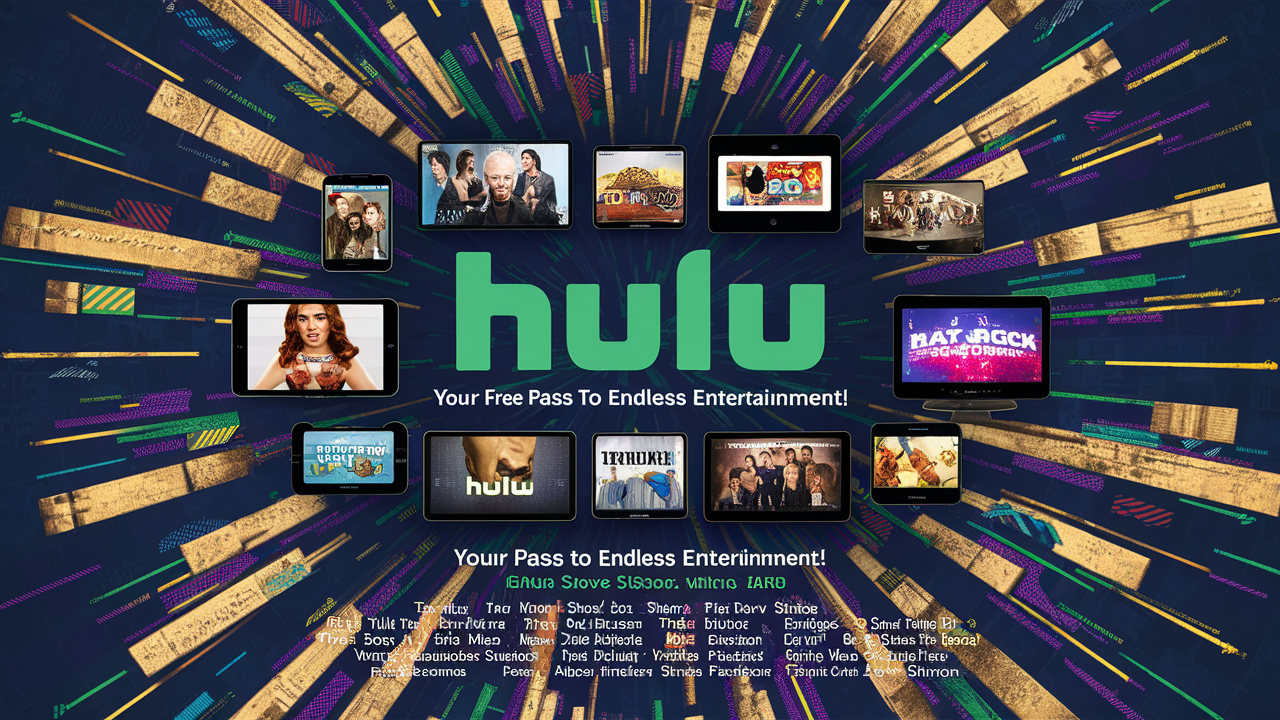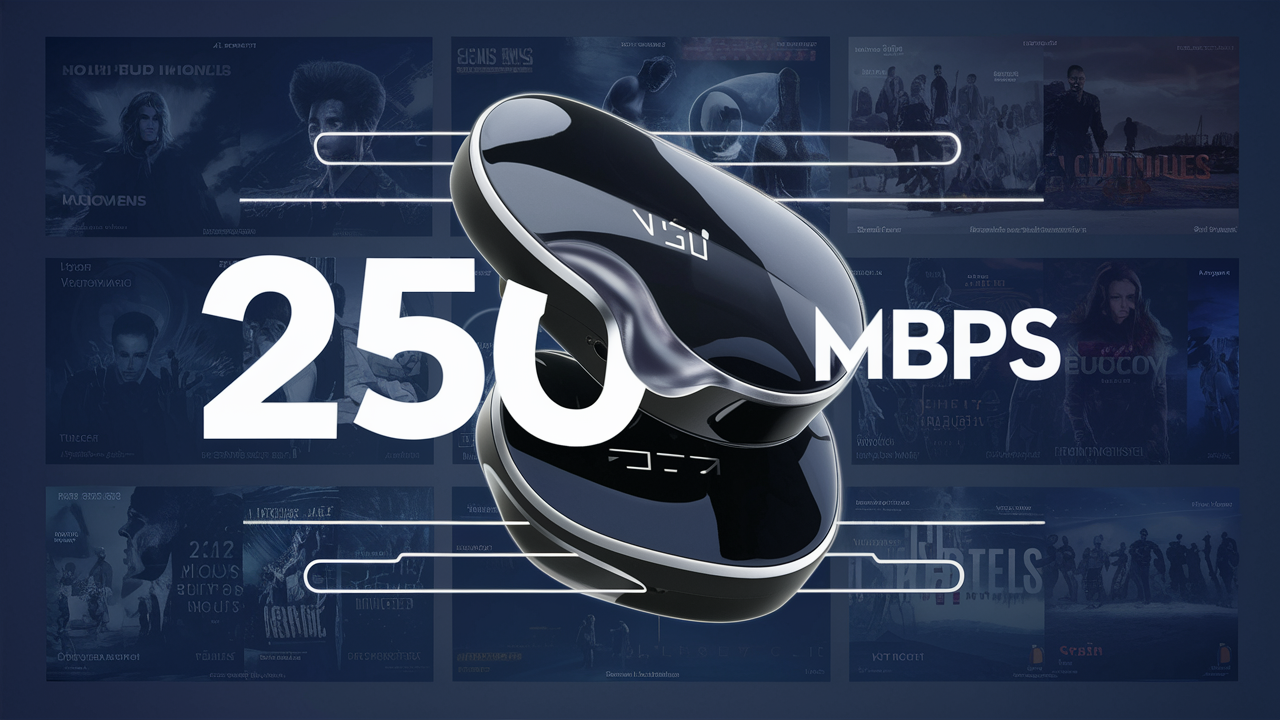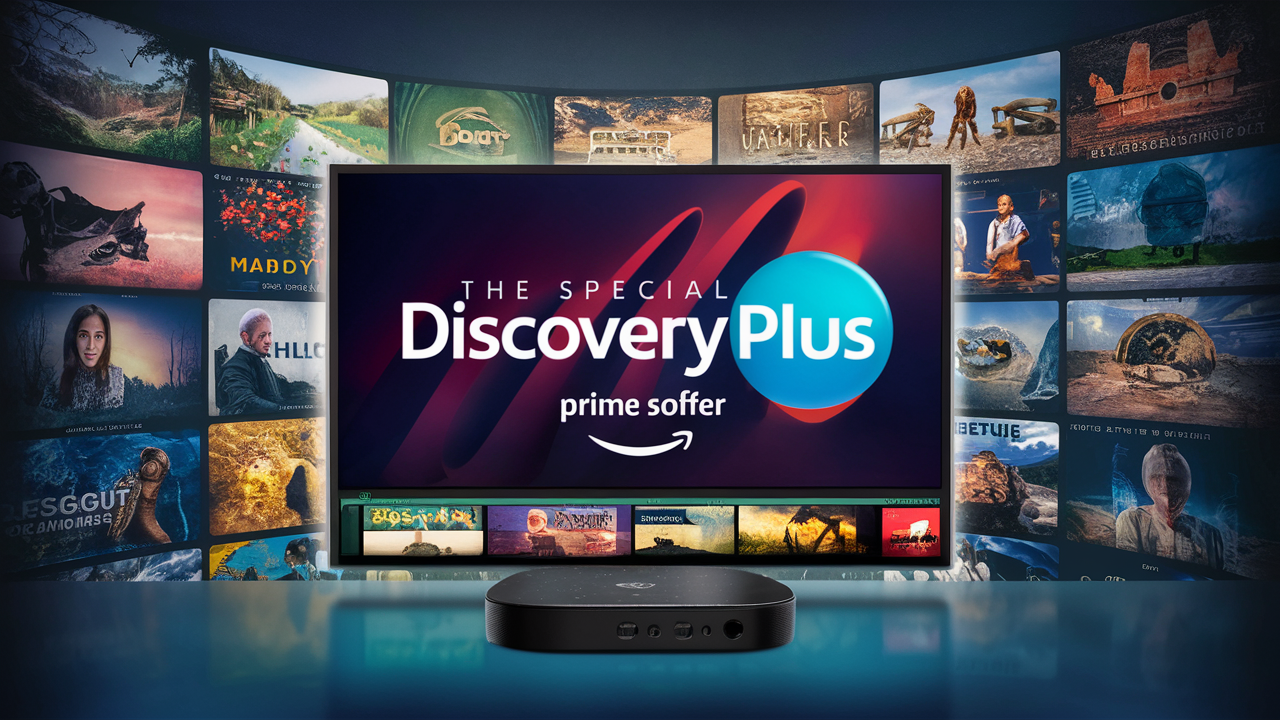Is 200 Mbps Enough for 4K Streaming?
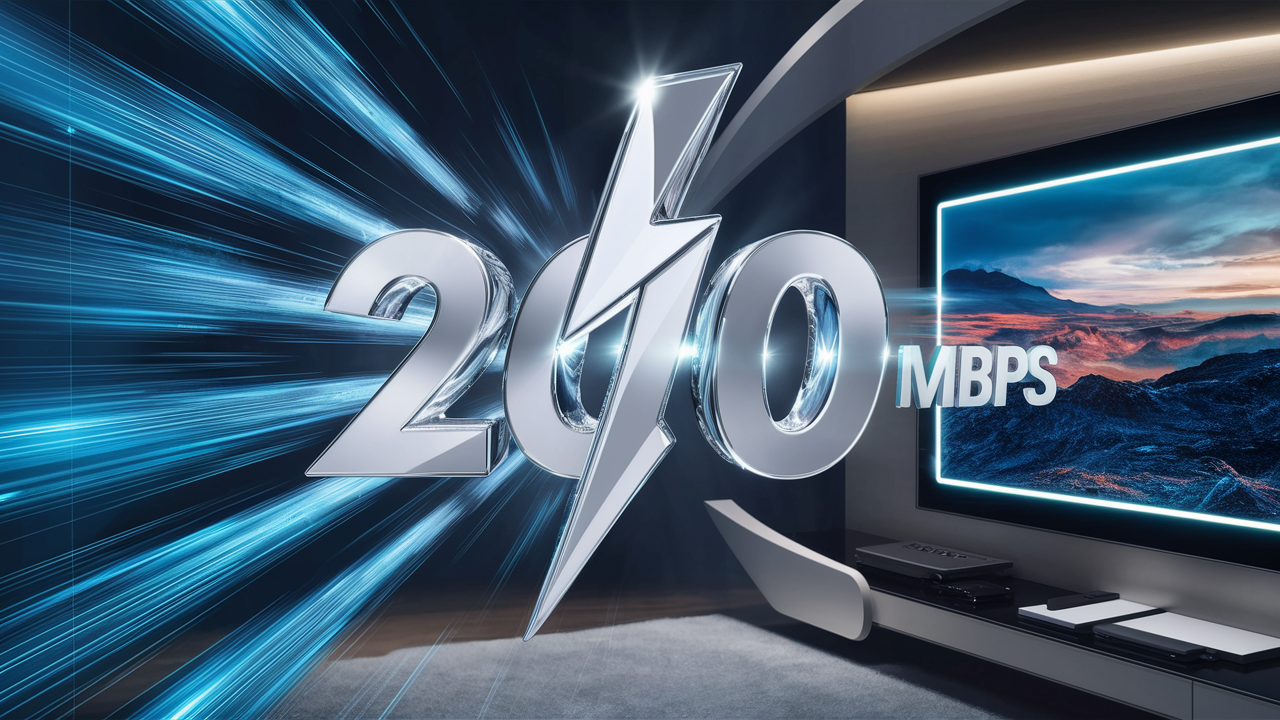
As 4K known as ultra-high definition is getting popular with 4K television available in the market people are often worried if the internet connection they are using is capable of supporting 4K streaming. For instance, is the fast internet connection of 200 Mbps sufficient for 4K streaming without buffering? The short answer is yes, you should get at least a 200 Mbps connection to be able to stream 4K most of the time. However, one cannot ignore certain limitations which are associated with the usage of this approach.
What is 4K Resolution?
First, let us define what is 4K resolution is and what makes it so popular among consumers. 4K means video quality of 3840 pixels in width and 2160 pixels in height. That is equivalent to 4,000 pixels horizontally which is the reason why the term 4K is used to refer to it. It is also called 2160p or Ultra HD.
This is 3840 x 2160 pixels, which is roughly eight million pixels, four times the number of pixels in 1080p full HD video of 1,920 x 1,080 pixels. These additional pixels offer much higher resolution, more sharply defined, and detailed images of the videos compared to 1080p. As with any jump in resolution, with 4K content, you will get more refined details, smoother transitions between shades, as well as a more natural feel to the video.
However, streaming 4K video entails a higher bitrate than 720p or 1080p, which may not be achievable for many users. This means that with a higher bitrate, the streaming or download service can maintain quality and compression efficiency, which is required when packing all those extra pixels into the video stream file.
Demand for Internet Speed for Streaming 4K Video
Okay, so how much bandwidth is needed? It is established that most 4K streams have a minimum internet connection requirement of at least 15-20 Mbps for continuous buffering and smooth playback. However, at such a low bitrate, the visual quality degrades significantly and it is not comfortable to watch. Noise, image compression, color quantization, and blurriness are noticeable, along with color banding.
While aiming for the best picture quality for 4K streaming, it is advisable to target a bitrate of 25 – 100+ Mbps. Leading streaming services such as Netflix and Amazon Prime employ adaptive streaming technologies that deliver approximately 25–35 Mbps to support 4K content. This secures a fair quality-to-size ratio of files, which is quite important for many users.
Unfortunately, bitrate is not a constant value and depends on the service and more detailed aspects of each video. For complicated, high-speed scenes, it is necessary to pick up significantly higher bit rates compared to the scenes that are less complicated and less fast. Some broadcast streams can successfully work with 60+ Mbps while others, for example, simple animated movies look quite good at 20 Mbps.
About the kind of 4K stream, the most challenging one is the Blu-Ray Ultra HD discs. Their maximum bit rate can go up to over 100 Mbps to capture the highest picture quality in videos. For the future-proofing the connection, the higher the connection speed is to 100 Mbps, the better it will be.
200 Mbps Evaluation
Considering the information provided above, it is possible to conclude that 200 Mbps is more than enough to provide the correct quality of streaming 4K content. That is six points six times faster than the 25 Mbps baseline bitrate that most major providers for 4K are using. And it requires twice the bandwidth you need to deliver the most high-quality 4K broadcasts.
If several family members are Cox Streming simultaneously or using other bandwidth-intensive activities, 200 Mbps should be adequate in most homes, especially when streaming 4K video. And it means that each 4K stream, sometimes needs a little less than 25 Mbps, sometimes a little more. So, if six concurrent streams are watched simultaneously, that would take 150 Mbps in the worst-case scenario, and therefore will not exceed the 200 Mbps limit.
The only exception here is where you often find yourself working with uncompressed 4K streams over 100 Mbps. While there, the aggregate bandwidth requirement could easily exceed 200 Mbps with, at most, one or two streams. Outside of specially encoded content, which is usually for rent or purchase, you won’t see much over 100 Mbps anywhere else except for Blu-ray discs.
Other 4K Considerations
However, a few other factors are also involved more than just internet speed, especially when it comes to 4K streaming.
First, you will need a streaming device compatible with 4K such as Roku Premiere/Ultra, Amazon Fire TV Stick 4K, Apple TV 4K, etc., or smart TVs that have a 4K streaming application installed. These devices have HDMI ports for connection to external devices and support 4k output to a 4k television set.
Now, speaking about it, to watch 4K streaming, you should have an actual 4K TV set. You may look for High Dynamic Range (HDR), Wide Color Gamut (WCG), and high brightness/contrast ratio to get the best from 4K’s improved precision and color range. If that is not the case, then there is no need to boast about a product that doesn’t have these specifications because it will not reflect any significant advantage.
Last but not least, 4K streaming is also affected by the extent of your Wi-Fi network irrespective of the internet speed you have. For wire-free streaming, opt for a powerful router that has a fast data connection of 1600-3200+ Mbps. Dual-band is the very least that can be expected while tri-band Wi-Fi 6 routers are preferred. Place it at the core of your home, and make sure to download new firmware from time to time, attempting to stream on the 5 GHz band when possible.
A device that has a problem connecting to Wi-Fi should be hard-wired to the router to optimize connectivity. For instance, an Ethernet kit is often placed behind the TVs.
Summary
On the 200 Mbps connection speed, you get sufficient power for seamless 4K streaming with other devices at the same time. Coupled with the right supporting equipment such as HDTVs, and streaming media devices, you are ready for the next generation of high-definition content experience. That means you have the bandwidth space to make use of as more new providers continue to roll out additional 4K programming.
Ready to upgrade your internet experience? Call us now at +1 844-349-7575 to explore the best Cox Internet plans for your needs!

